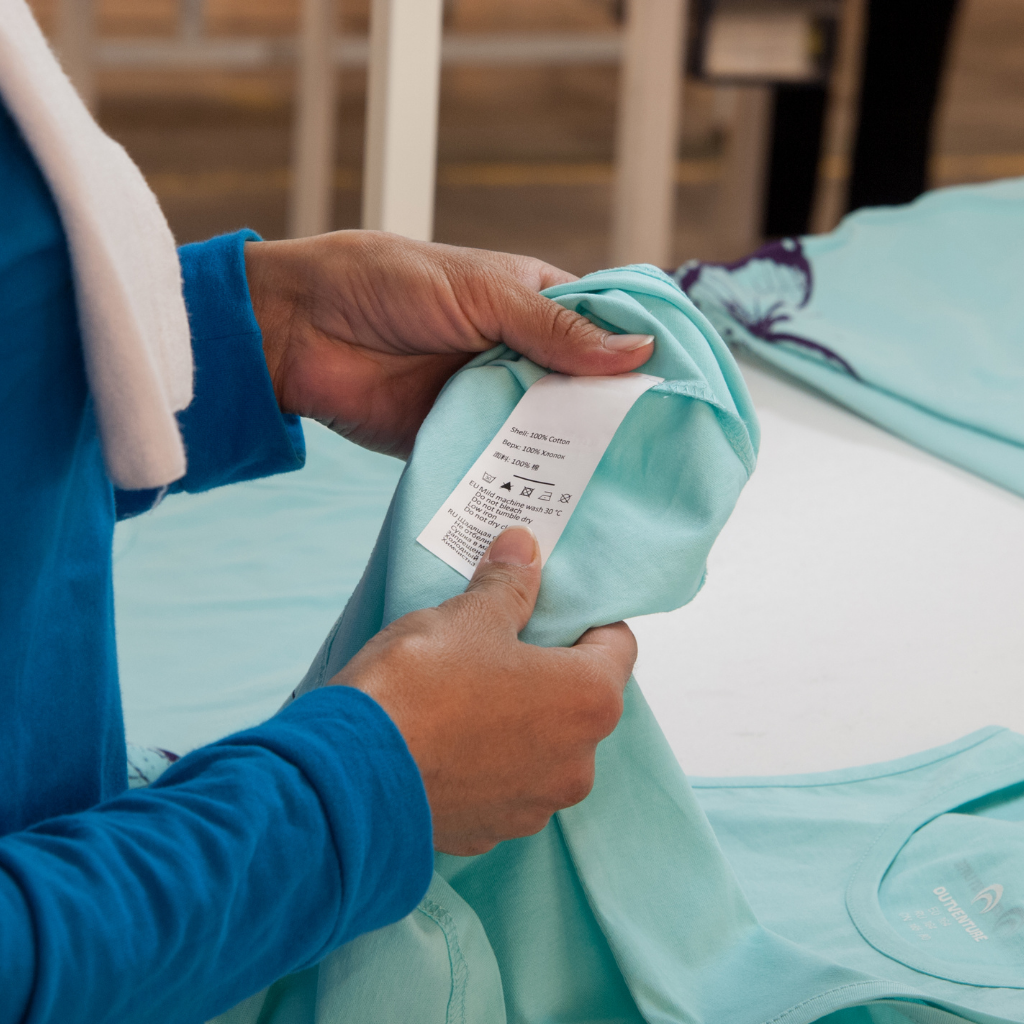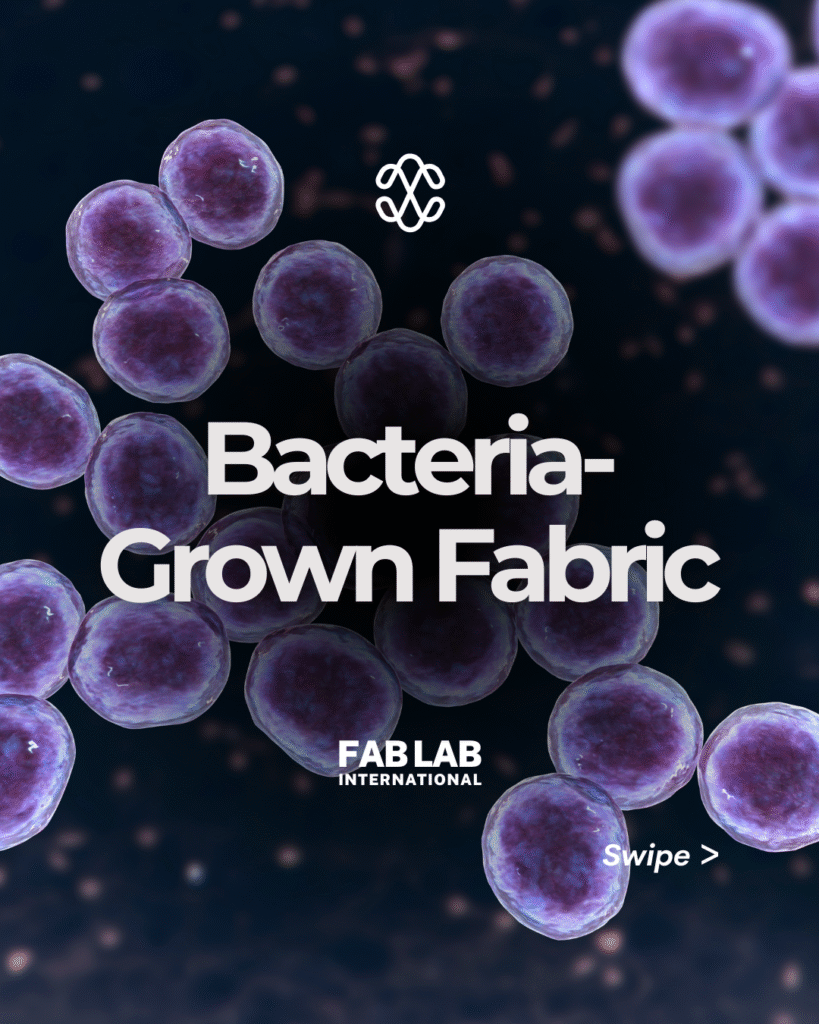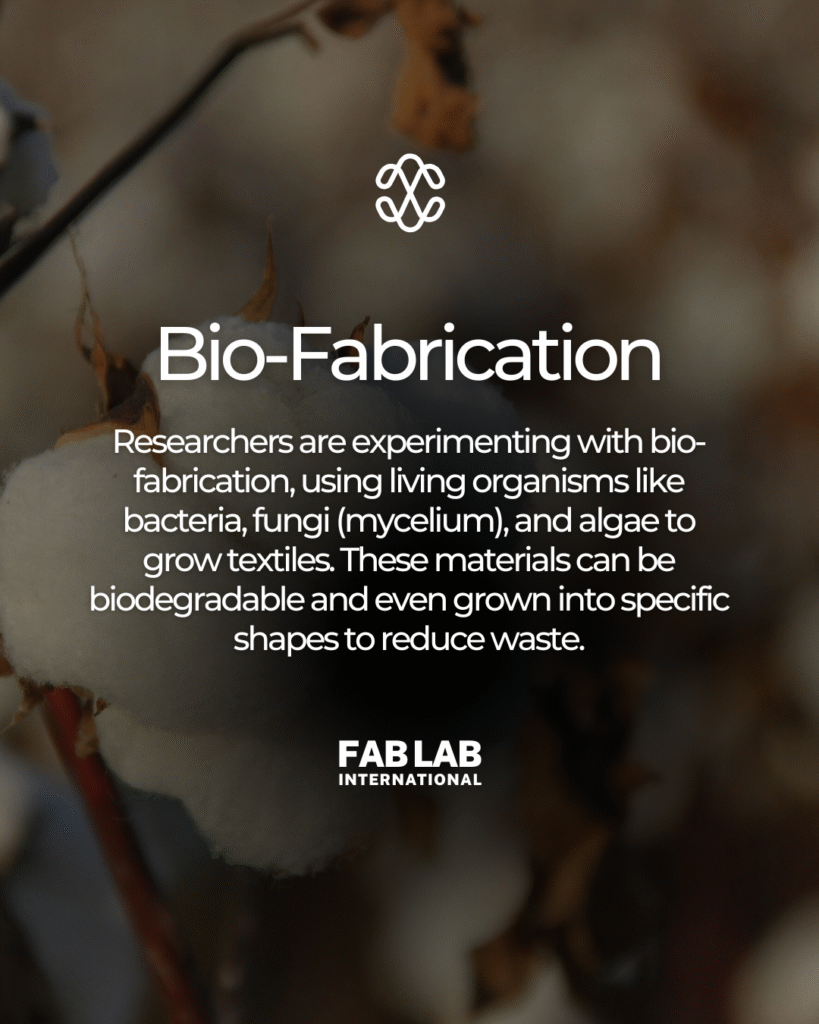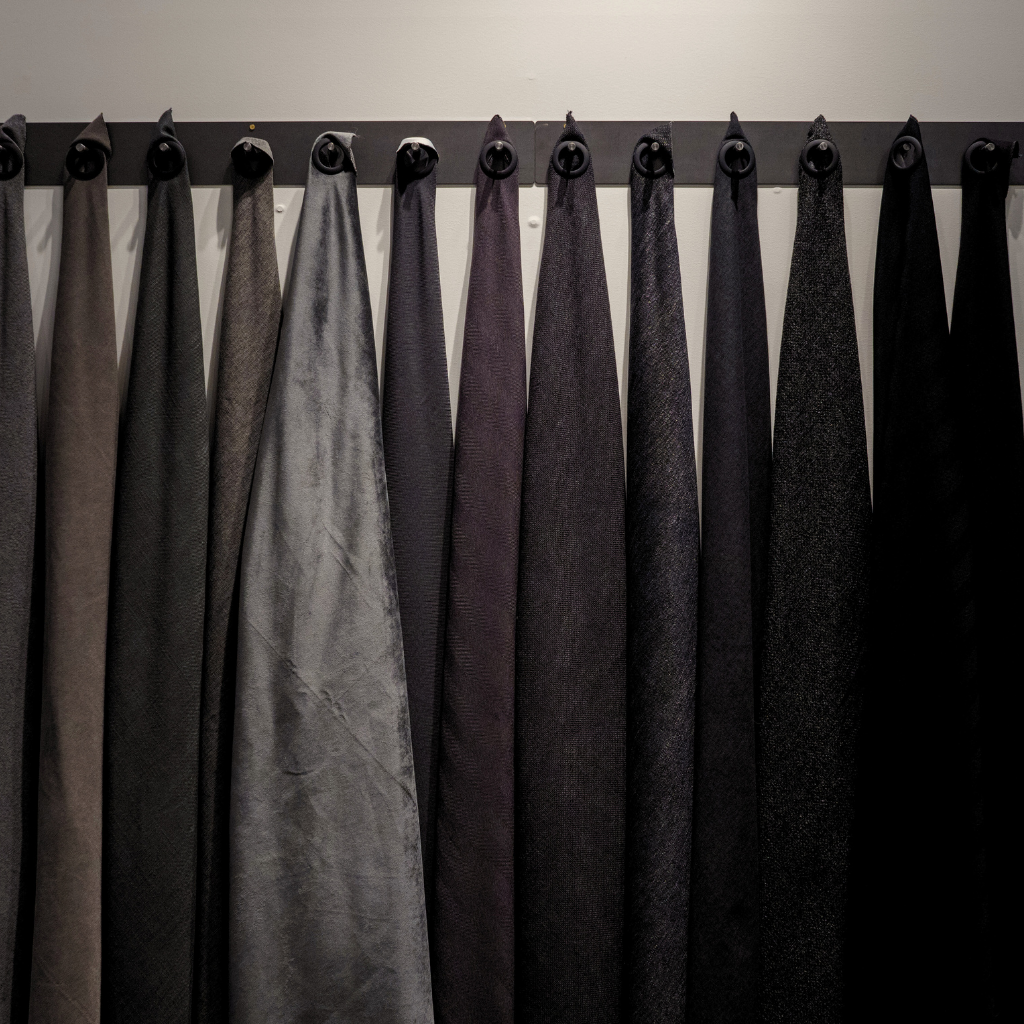No products in the cart.
Other Sustainable Natural Fibers
Timeless Materials with a Low Footprint
Beyond the major categories, a variety of other natural fibers offer significant sustainability advantages, often embodying a truly restorative and low-impact approach to textile production.
FAQs
Linen
Made from the flax plant, linen is a highly sustainable material that requires minimal water, pesticides, and fertilizers to grow. The entire plant is utilized during production, resulting in minimal waste, and the final fabric is exceptionally durable and long-lastin
Hemp
A fast-growing and versatile crop, hemp requires very little water or pesticides to thrive. It actively improves the environment by sequestering large amounts of carbon and replenishing soil nutrients. As with other fibers, the most sustainable versions are those that are mechanically processed without the use of harmful chemicals.
Alpaca
Alpaca wool is a highly sustainable animal fiber because alpacas graze gently, which is less damaging to the environment than sheep grazing. The wool is also water-resistant and biodegradable.
Jute and Coir
Jute, also known as 'golden fiber,' is a strong, soft fiber from flowering plants. Coir is a durable, natural fiber extracted from the outer shell of a coconut. Both are low-input, biodegradable, and environmentally friendly.
Piñatex
This innovative material is a natural, sustainable leather alternative made from pineapple leaf waste, which uses a resource that would otherwise be discarded.
Explore Our Sustainbale Fabrics
We are committed to providing you with fabrics that not only feel good but also do good. We believe that true sustainability is a journey of continuous improvement, and we are proud to be a part of it with you.
Follow us on @fablabinternational







